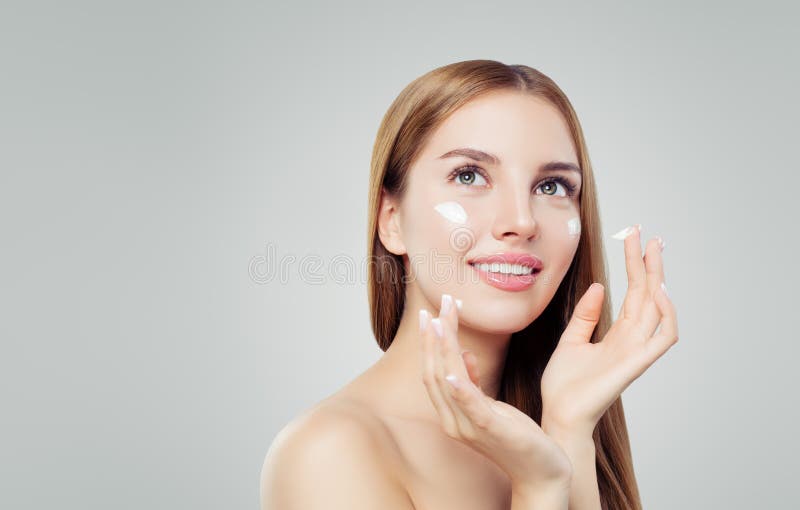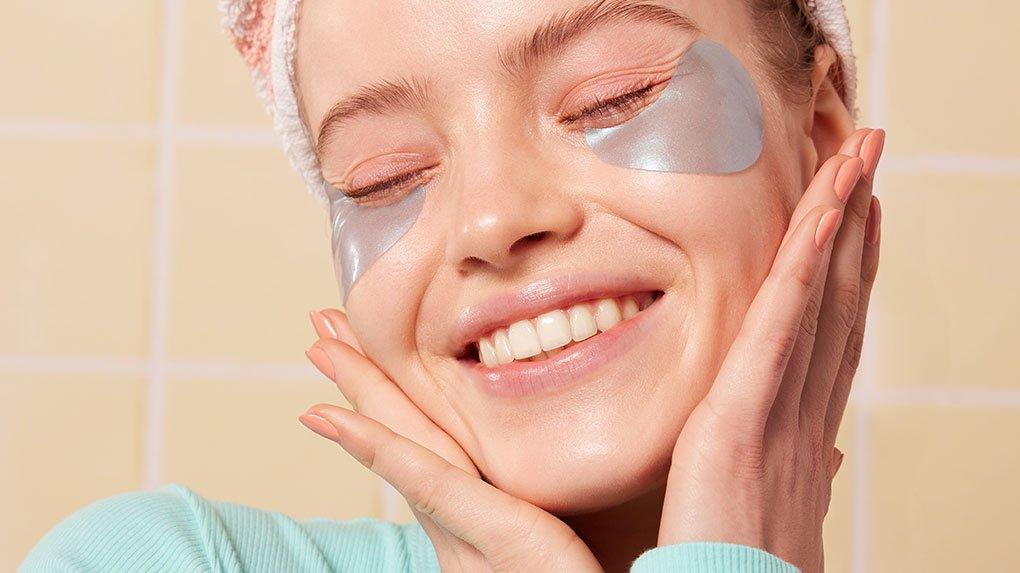Does Diet Affect Your Skin? Insights for Beauticians
The connection between diet and skin health is a topic that has gained significant attention in recent years. As a beautician, understanding how what we eat impacts our skin can be a valuable tool in guiding clients towards achieving their skin goals. The primary keyword here is does diet affect your skin, and it's crucial to explore the science and practical applications behind this question.

The Science Behind Diet and Skin Health
Our skin is a reflection of our overall health, and diet plays a pivotal role in maintaining its vitality. Nutrients from the foods we consume directly influence the skin's structure and function. For instance, vitamins such as A, C, and E, along with minerals like zinc and selenium, are known to support skin health by promoting collagen production and providing antioxidant protection.
Antioxidants: The Skin's Best Friend
Antioxidants are compounds that help to neutralize free radicals, which are unstable molecules that can damage skin cells. A diet rich in fruits and vegetables provides a plethora of antioxidants, which can help to reduce inflammation and prevent signs of aging. For beauticians, recommending foods high in antioxidants, such as berries, nuts, and leafy greens, can be a step towards enhancing clients' skin health.
The Role of Hydration in Skin Appearance
Staying hydrated is one of the simplest ways to maintain healthy skin. Water helps to flush out toxins, maintain skin elasticity, and prevent dryness. While topical moisturizers are important, encouraging clients to drink plenty of water can have a profound effect on their skin's appearance. Hydration is not just about drinking water; it also involves consuming foods with high water content like cucumbers and watermelon.
Common Dietary Culprits of Skin Issues
Certain foods can trigger or exacerbate skin conditions. For example, high-glycemic foods, such as white bread and sugary snacks, can lead to insulin spikes, which may contribute to acne flare-ups. Additionally, dairy products have been linked to acne in some individuals. As a beautician, it's beneficial to be aware of these potential triggers and work with clients to identify and eliminate problematic foods from their diet.
Omega-3 Fatty Acids for a Glowing Complexion
Omega-3 fatty acids, found in fish like salmon and mackerel, as well as in flaxseeds and walnuts, are known for their anti-inflammatory properties. These healthy fats can reduce redness and inflammation in the skin, making them a valuable addition to a skin-friendly diet. Educating clients about the benefits of incorporating omega-3-rich foods into their meals can help improve their skin texture and appearance.
Integrating Skin Health into Daily Beauty Routines
As a beautician, you have the unique opportunity to educate clients on how diet can complement their skincare routines. Combining a balanced diet with proper skincare practices can lead to noticeable improvements in skin health. Encourage clients to explore articles such as Benefits of Facial Steaming and How to Reduce Under Eye Puffiness to further enhance their skincare knowledge.
The Importance of Personalized Nutrition Advice
It's essential to remember that everyone's skin is unique, and what works for one person may not work for another. As a beautician, you can guide clients towards consulting with a nutritionist or dermatologist for personalized advice. Understanding individual skin types and dietary needs can lead to more effective and long-lasting skin improvements.
For more comprehensive insights on creating a skincare routine, visit this American Academy of Dermatology guide.
Conclusion: A Holistic Approach to Skincare
In conclusion, the question does diet affect your skin is one with a resounding yes. A well-rounded approach to skincare involves not only topical treatments but also a mindful diet. As a beautician, you play a crucial role in helping clients achieve their best skin by educating them about the impact of nutrition. By staying informed and offering practical advice, you can make a significant difference in your clients' skincare journeys.

FAQ Section
Can a poor diet really cause skin problems?
Yes, a poor diet lacking in essential nutrients can lead to various skin issues such as acne, dryness, and premature aging. Consuming a balanced diet rich in vitamins, minerals, and antioxidants is crucial for maintaining healthy skin.
What foods should be avoided for clear skin?
Foods high in sugar and refined carbohydrates, such as sweets and white bread, can exacerbate acne and other skin conditions. Additionally, some individuals may need to limit their intake of dairy products if they notice a correlation with breakouts.
How can I incorporate skin-friendly foods into my diet?
Incorporating skin-friendly foods involves adding more fruits, vegetables, and omega-3 fatty acids to your meals. Consider starting your day with a smoothie packed with berries and spinach or adding a serving of fish like salmon to your dinner.
This article contains affiliate links. We may earn a commission at no extra cost to you.

